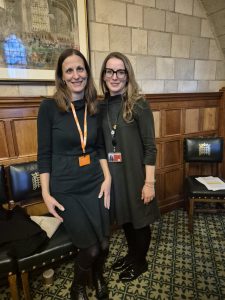 This week, members of Bournemouth University’s MaGPIE (Mass Grave Protection, Investigation and Engagement) research team were invited to the Palace of Westminster to take part in a session on “From Mass Graves to Courtroom – Preserving and Using Evidence from Mass Graves” organised by the British Group Inter-Parliamentary Union, the International Bar Association Human Rights Institute and the All-Party Parliamentary Group for International Law, Justice and Accountability.
This week, members of Bournemouth University’s MaGPIE (Mass Grave Protection, Investigation and Engagement) research team were invited to the Palace of Westminster to take part in a session on “From Mass Graves to Courtroom – Preserving and Using Evidence from Mass Graves” organised by the British Group Inter-Parliamentary Union, the International Bar Association Human Rights Institute and the All-Party Parliamentary Group for International Law, Justice and Accountability.
The session, chaired by MP Brendan O’Hara and organised by Dr Ewelina U. Ochab from the International Bar Association, brought together leading experts on international law, international cooperation and international organisations to discuss how evidence from mass graves can be preserved, protected, and potentially used in legal proceedings addressing atrocity crimes.
Among the speakers were Professor Melanie Klinkner, Principal Investigator of MaGPIE and co-author of The Bournemouth Protocol on Mass Grave Protection and Investigation, Rt Hon Alistair Burt in his role as Commissioner for the International Commission on Missing Persons, Rupert Skilbeck, Director of REDRESS, and Dr Chantal Joubert from the Dutch Ministry of Justice and Security with her intricate experience on progressing the Mutual Legal Assistance Convention.
Melanie presented MaGPIE’s research on open-source mass grave mapping and outlined how the Bournemouth Protocol provides a legally robust framework for the protection and investigation of mass graves. Her contribution emphasised the need for rigorous, rights-based approaches to evidence preservation, particularly in fragile post-conflict contexts. 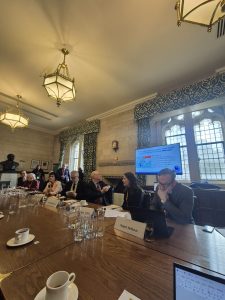
Reflecting on the day, Melanie said:
“It was a privilege to represent Bournemouth University and MaGPIE in Parliament, sharing our research alongside colleagues dedicated to justice and accountability. Our work is about ensuring that mass graves are treated not just as sites of loss and suffering, but as crime scenes that require protection and investigation for truth and justice processes.”

Prior to the Parliamentary session, MaGPIE continued its engagement efforts with policymakers. Team member Emily met with aides to MP Uma Kumaran, as part of an ongoing dialogue regarding safe mass grave excavation practices in Sri Lanka. In a recent letter to the Foreign, Commonwealth & Development Office, MP Kumaran requested that the Bournemouth Protocol be translated into Tamil and Sinhalese, a move that would make its guidance more accessible to local practitioners and communities involved in post-conflict recovery and accountability efforts.
MaGPIE extends thanks to Dr Ochab, and all who attended the event, for hosting such an insightful and impactful discussion. The team looks forward to continuing its engagement with parliamentarians and policymakers to ensure these critical issues remain on the agenda.


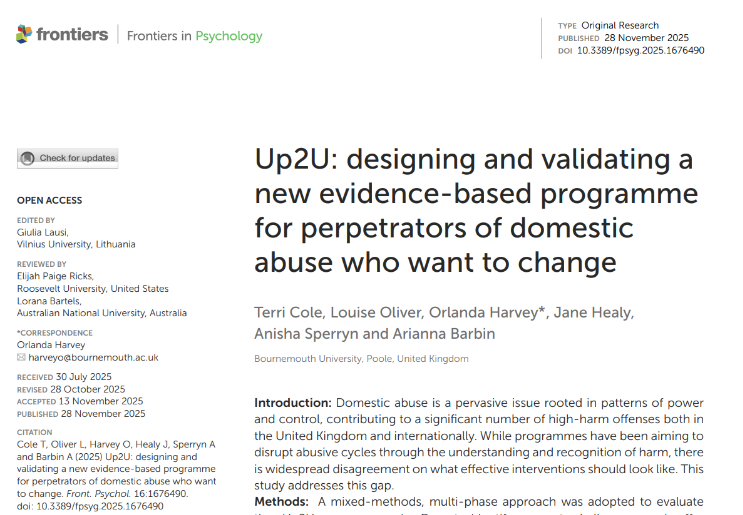
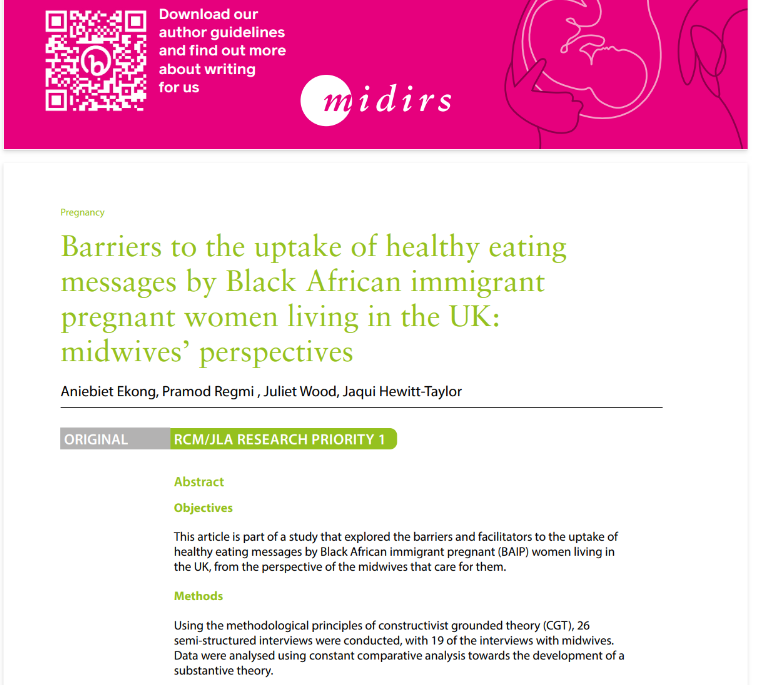
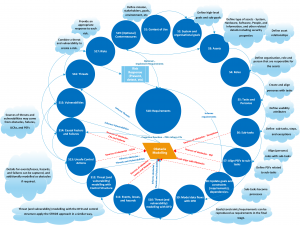
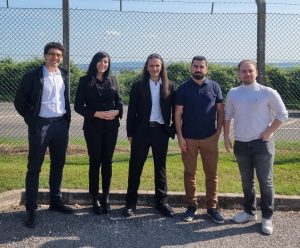
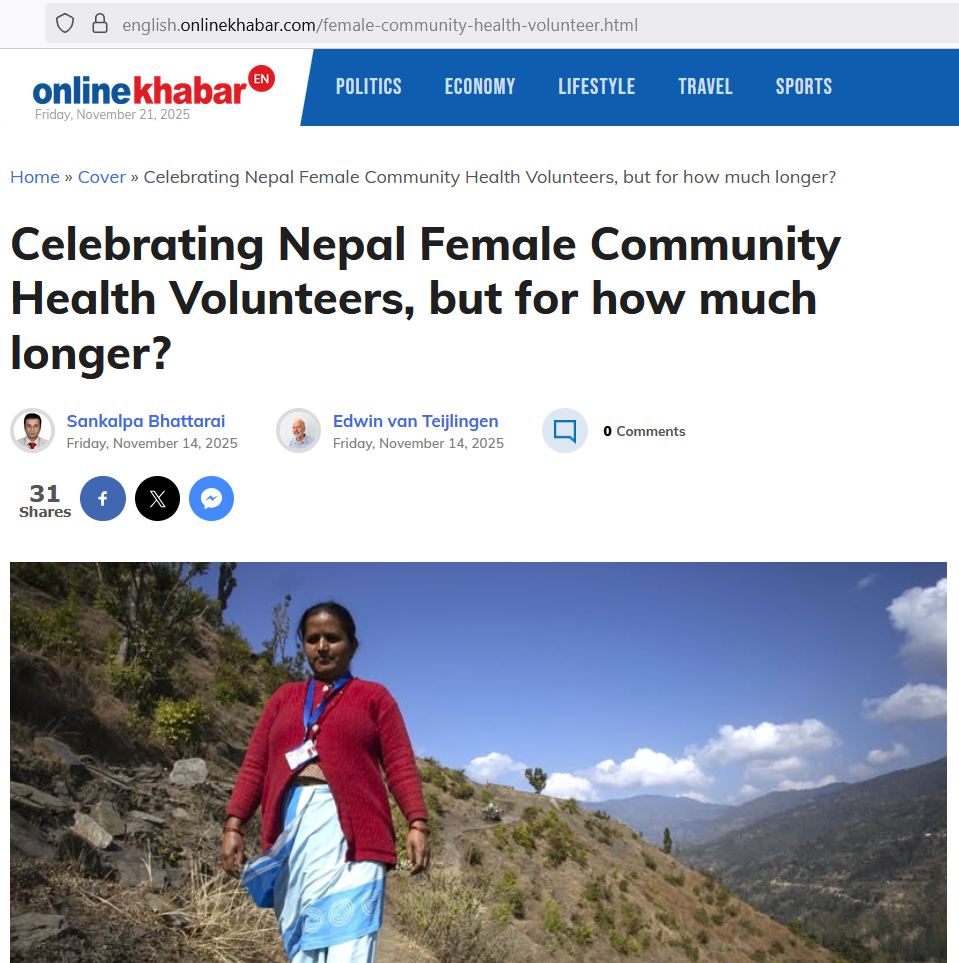

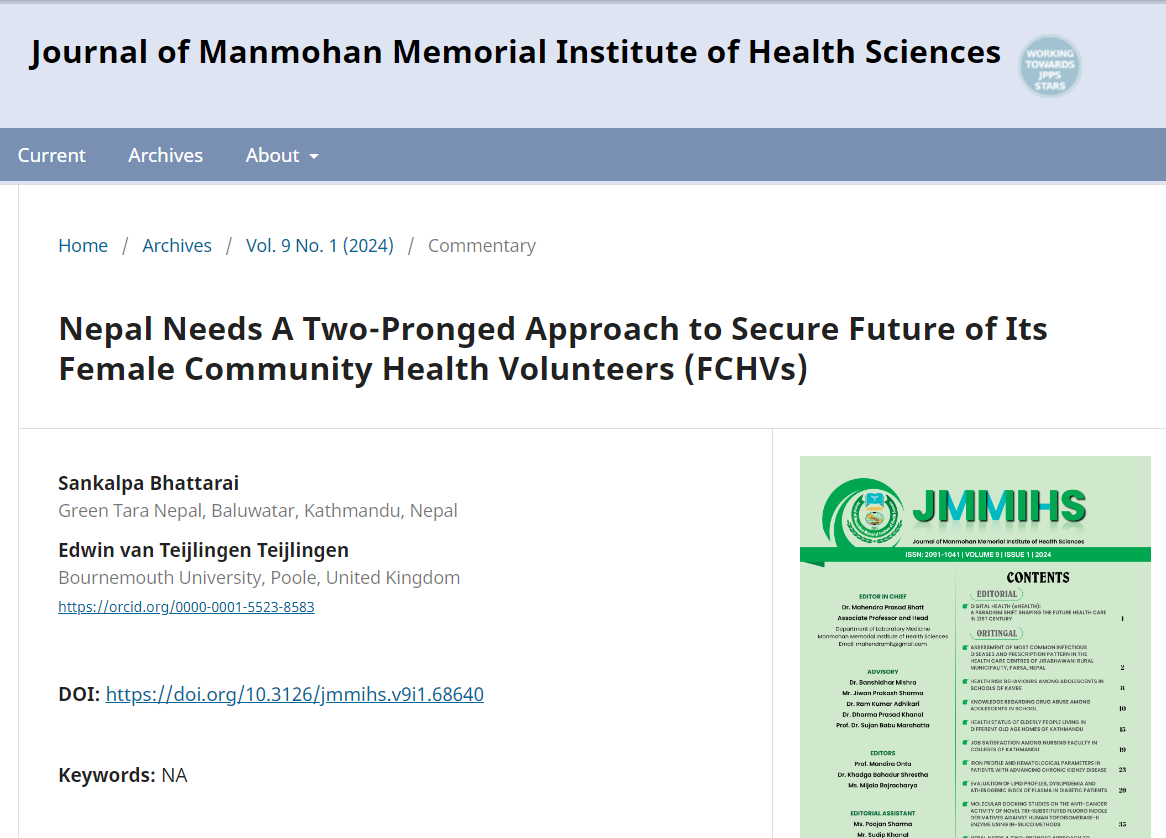





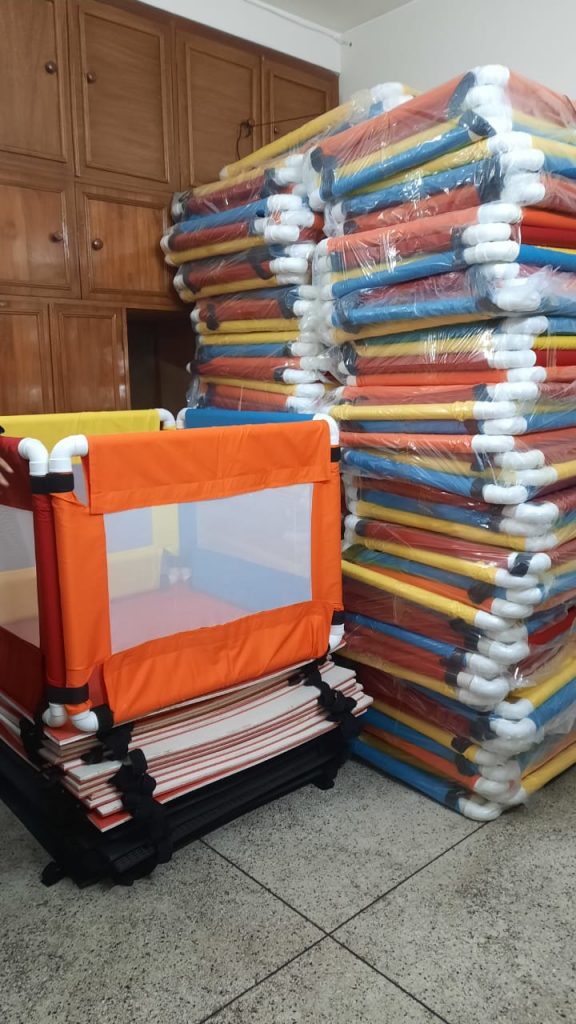
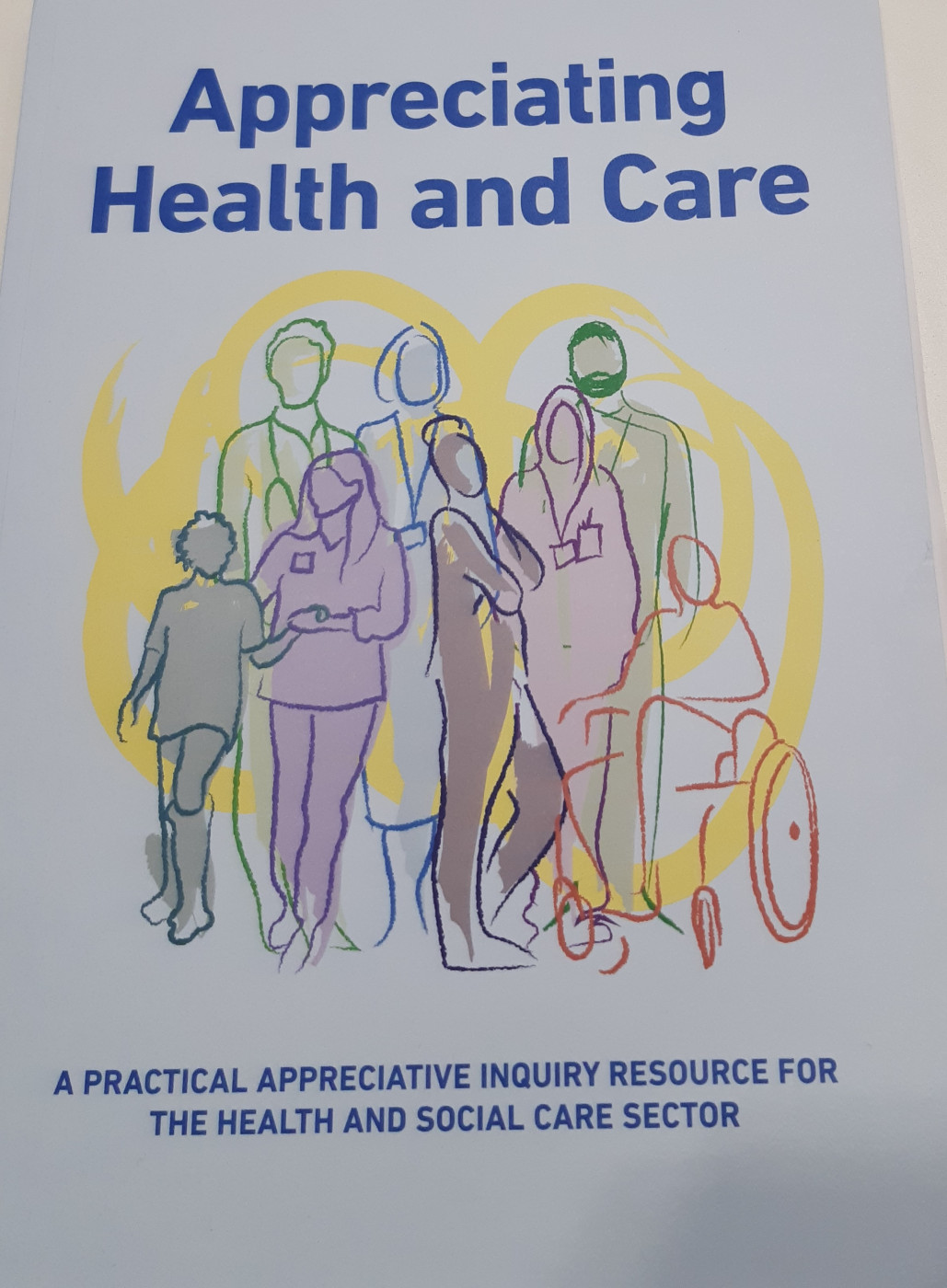
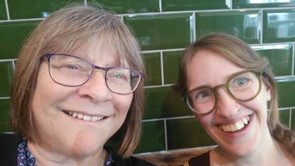

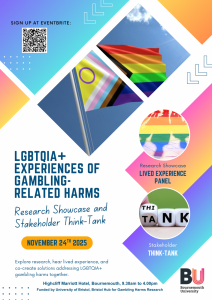
 Register now to attend the 17th Annual Postgraduate Research Conference, hosted by the Doctoral College.
Register now to attend the 17th Annual Postgraduate Research Conference, hosted by the Doctoral College.


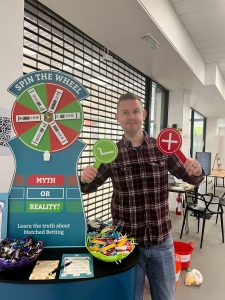
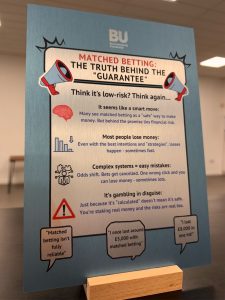


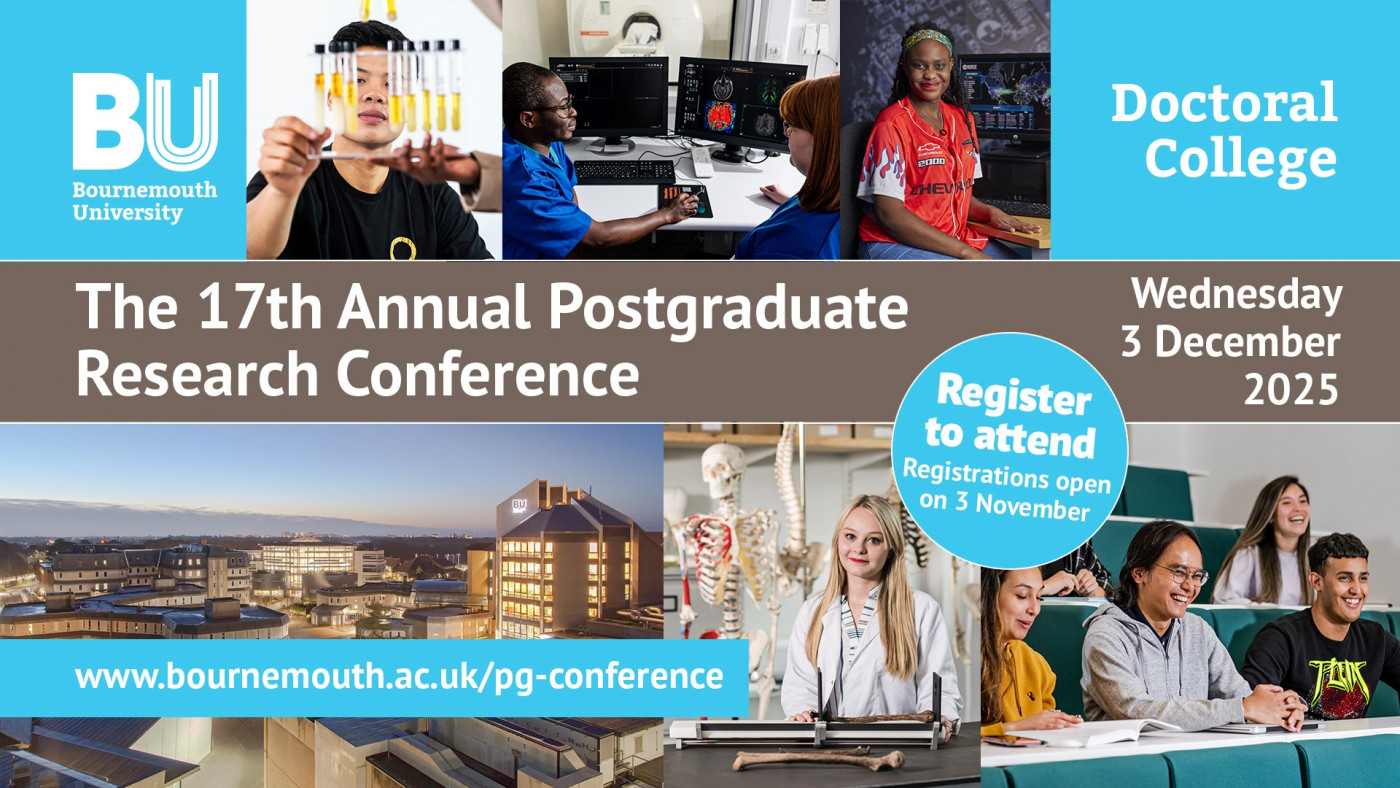 Register now to attend the 17th Annual Postgraduate Research Conference, hosted by the Doctoral College.
Register now to attend the 17th Annual Postgraduate Research Conference, hosted by the Doctoral College.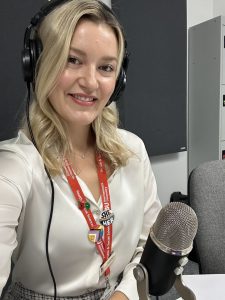 Dr Chloe Casey, lecturer in Nutrition and Behaviour, was interviewed on
Dr Chloe Casey, lecturer in Nutrition and Behaviour, was interviewed on 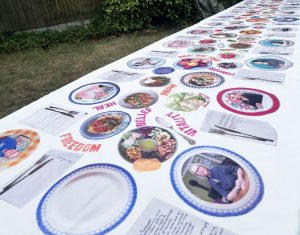 the Arts University Bournemouth (AUB) and Bournemouth, Christchurch and Poole Council.
the Arts University Bournemouth (AUB) and Bournemouth, Christchurch and Poole Council.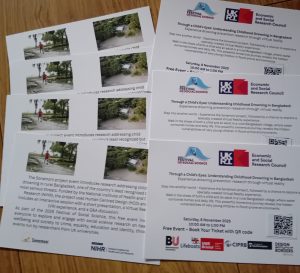
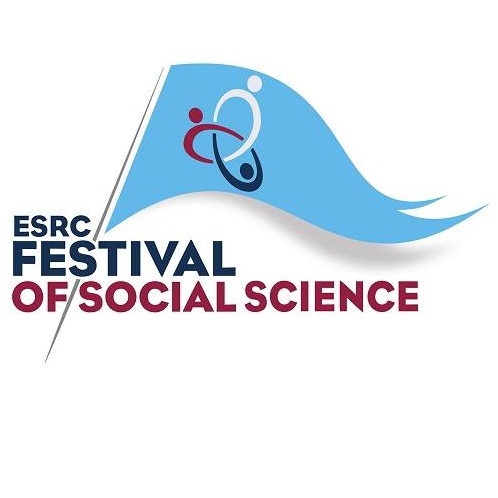

 This week, members of Bournemouth University’s
This week, members of Bournemouth University’s 



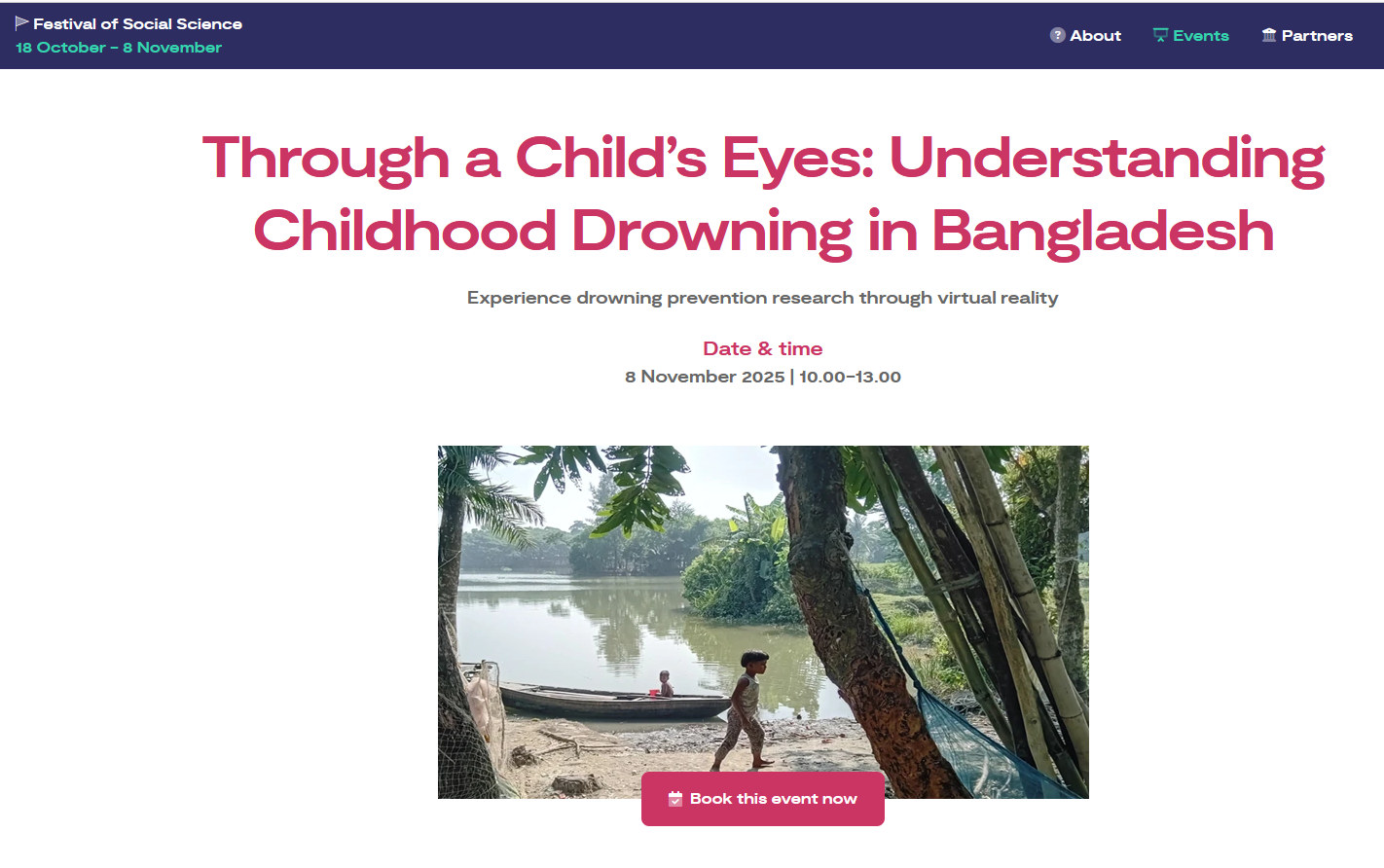











 REF Code of Practice consultation is open!
REF Code of Practice consultation is open! BU Leads AI-Driven Work Package in EU Horizon SUSHEAS Project
BU Leads AI-Driven Work Package in EU Horizon SUSHEAS Project Evidence Synthesis Centre open at Kathmandu University
Evidence Synthesis Centre open at Kathmandu University Expand Your Impact: Collaboration and Networking Workshops for Researchers
Expand Your Impact: Collaboration and Networking Workshops for Researchers ECR Funding Open Call: Research Culture & Community Grant – Apply now
ECR Funding Open Call: Research Culture & Community Grant – Apply now ECR Funding Open Call: Research Culture & Community Grant – Application Deadline Friday 12 December
ECR Funding Open Call: Research Culture & Community Grant – Application Deadline Friday 12 December MSCA Postdoctoral Fellowships 2025 Call
MSCA Postdoctoral Fellowships 2025 Call ERC Advanced Grant 2025 Webinar
ERC Advanced Grant 2025 Webinar Update on UKRO services
Update on UKRO services European research project exploring use of ‘virtual twins’ to better manage metabolic associated fatty liver disease
European research project exploring use of ‘virtual twins’ to better manage metabolic associated fatty liver disease